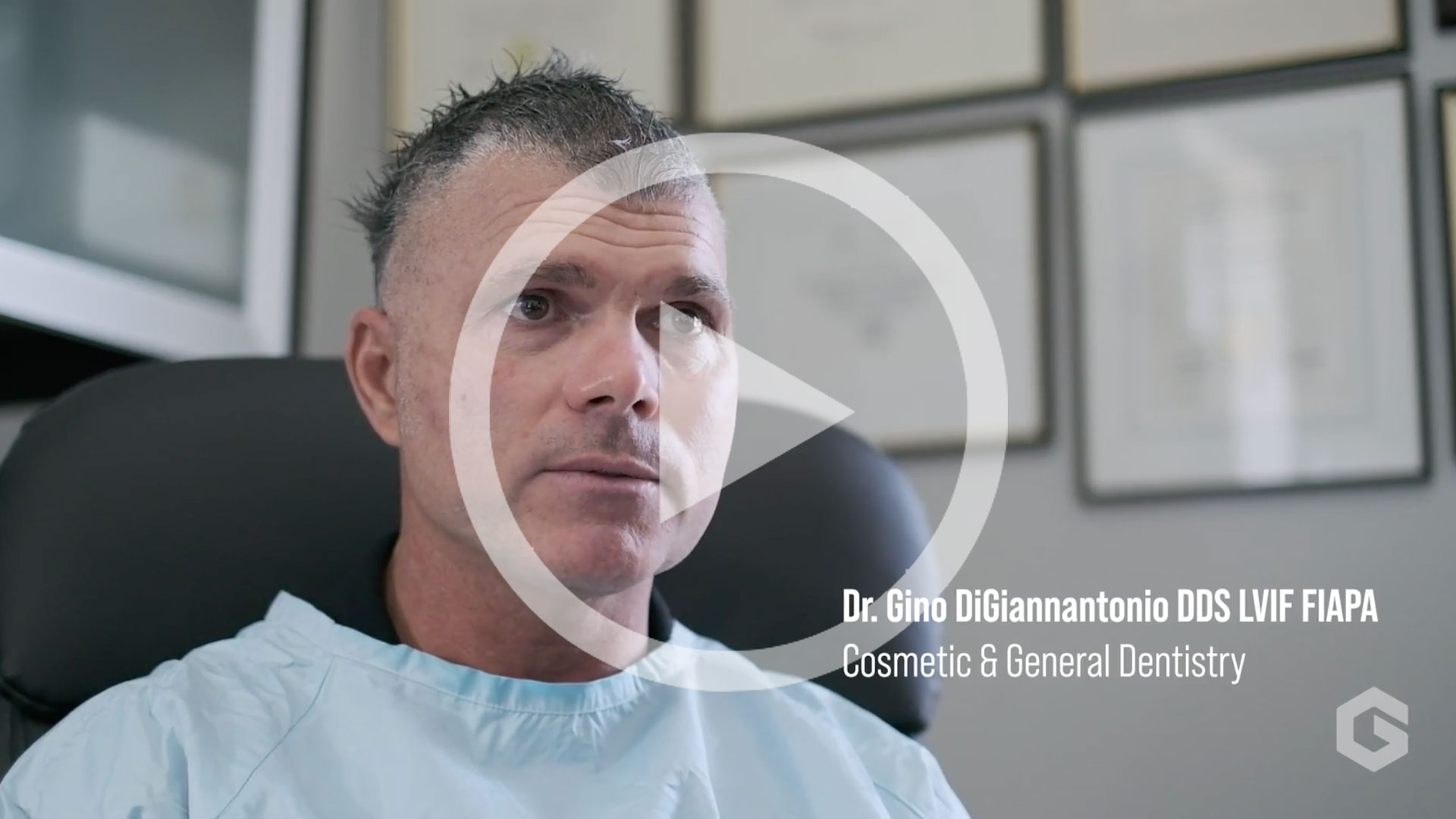TMJ
You have two hinge joints attached to your skull, the temporomandibular joints that connect the upper and the lower jaw. While the upper jaw is fixed at its position, the lower jaw is mobile and works in harmony with the upper jaws to help in eating, speaking and of course, yawning!
What are Temporomandibular Joint Disorders?
The temporomandibular joint (TMJ) is probably the most frequently functioning joint in your body. As a result, disorders of the TMJ often arise, either due to wear, maxillofacial infections or due direct trauma to the joints.
What are the Causes of TMDs?
The exact cause of temporomandibular disorders (TMDs) is fully known, however they can arises due to a number of reasons and factors:
- Parafunctional Dental Habits – excessive teeth grinding or clenching or facial muscles is one the most common causes of TMDs. Parafunctional habits can result in generation of a direct pressure on the TMJs and facial muscles, thereby resulting in TMJs.
- Improper Occlusion – if the teeth are misaligned and meet at an abnormal position, they will put a lot of pressure on your TMJs every time you close your mouth and result in damage to the TMJs.
- Jaw Misalignment – improperly aligned upper and lower jaws also result in excessive pressure on the jaws, and ultimately causing TMDs.
- Trauma – trauma to the facial region, such as a direct blow to the face or skull, can result in the fracture of the bones surrounding the TMJ as well as the dislocation of the jaws.
- Excessive yawning – believe it or not, if excessive yawning will put considerable pressure on both of your TMS and can result in frequent dislodgement of the TMJs.
- Arthritis – inflammation of the TMJ is one of the most common reasons for TMDs.
What are the Symptoms of TMDs?
You are having problems with your temporomandibular joints, if you are facing any of the following dental problems:
- Unilateral or bilateral pain the TMJs
- Fatigue and pain around the facial and masticatory muscles.
- Frequent dislocation of the TMJs, which can be unilateral or bilateral.
- Clicking sounds the in jaws.
- Difficulty in effectively chewing food and speaking.
- Difficulty in complete opening or closure of the mouth.
How are TMDs Diagnosed?
Diagnosis of TMDs is made after careful clinical examination and evaluation of the patient’s previous medical and dental records.
- Clinical Examination – the first step in the diagnosis of TMDs is to perform a thorough clinical evaluation of the patient, so as to rule out other possible conditions that have similar symptoms. Clinical examination will also include a detailed head and neck examination in order to assess any muscular reason for the TMDs
- Diagnostics – to confirm the diagnosis, your dentist may use several diagnostic aids such as ultrasonography, EMG and radiography. Other advanced diagnostic aids can also be employed if required, such computer tomography (CT) scan or magnetic resonance imaging (MRI).
Treatment of TMDs
The philosophy behind the management of TMDs is to treat the underlying cause.
- Correction of Parafunctional Habits – if the underlying cause for TMDs in parafunctional habits, your dentist may be able to help in getting rid of these damaging habit through counseling and guidance. Mouthguards can also be provided to patients who have a habit of excessive teeth grinding.
- Correction of Occlusion – orthodontic treatment can be carried out to correct the misalignment of the teeth, so as to reduce the resultant damage on the TMJs.
- Surgery – misalignment of the upper and lower jaws is sometimes corrected with the help of orthognathic surgery.
- Transcutaneous Electrical Nerve Stimulation (TENS) – TENS has also been shown to be helpful in correcting the spasm of facial and masticatory muscles.
IMPROVE YOUR SMILE
Feel better and live healthier today.
Dr. Gino DiGiannantonio explains the benefits of working with a dental partner who can truly change the way you look and feel.

